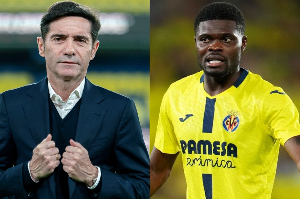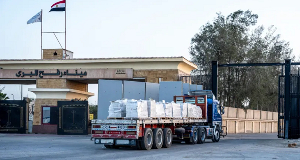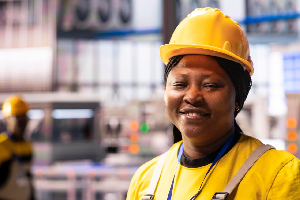As a youth activist, I am frequently criticised about the diminishing role of the government in improving social welfare and stimulating economic growth, especially by optimistic citizens who once thought of a prospective Nana Akufo-Addo leadership as the long-awaited dawn of a property-owning democracy.
That hasn’t quite turned out to be anywhere near true. Instead, the grim irony of the situation is that, in spite of the 2016 victory for the New Patriotic Party (NPP), work and happiness has eluded the Ghanaian citizen. Even fully indoctrinated NPP partisans cannot deny the melancholic circumstances of the moment anymore.
Despite the well-thought-out propaganda calculated to manipulate the voting-class, which elevated the then flagbearer of the NPP to the highest office of the Republic, Ghanaians face severe economic stagnation. Little more than lip service has been paid to the illusory promises and unrealistic targets of the government.
The so-called changes were devoted entirely to matters of self-serving interests, while the most pressing issues today, affecting the very existence of the Ghanaian households, are either being delayed or completely ignored. Complacent declarations and mediocre achievements by the government cannot deter the rising demand for better governance.
There is, too, suspicion among Ghanaian citizens the world over, particularly within the working class, that free market activities could be sabotaged by the pressures of powerful politically-affiliated conglomerates.
There are essentially two different kinds of Ghanaian politicians:
1. The first is concerned about ascending the social ladder and exploiting political power for the privileged few. This calibre of politician views the arduous responsibility of statecraft as a tea party political movement, to be conducted at leisure, by a select group of clansmen, friends and business associates; to them, nation-building has absolutely nothing to do with the masses beyond getting their vote. These are largely the kind of politicians that dominate the present administration.
2. The second is concerned, not with the largesse of the Republic and social prestige, but about reforming society and building Ghana from the bottom. It is the day-to-day conditions of the peasant farmer, in the hinterlands, and the working class that matter. This political culture cuts across tribal and social differences of Ghana; it is a break away from the impediment of the pretentious bourgeoisie seeking to enrich themselves at the cost of economic independence and social equity. This is the style of politics I identify with, both in principle and in practice.
A salient question is: how can the many Ghanaian citizens who continue to go through hardship give Nana Akufo-Addo four more to do more?
The choice is yours. Do not give up your right to shape our path forward.
Opinions of Tuesday, 3 March 2020
Columnist: V. L. K. Djokoto















